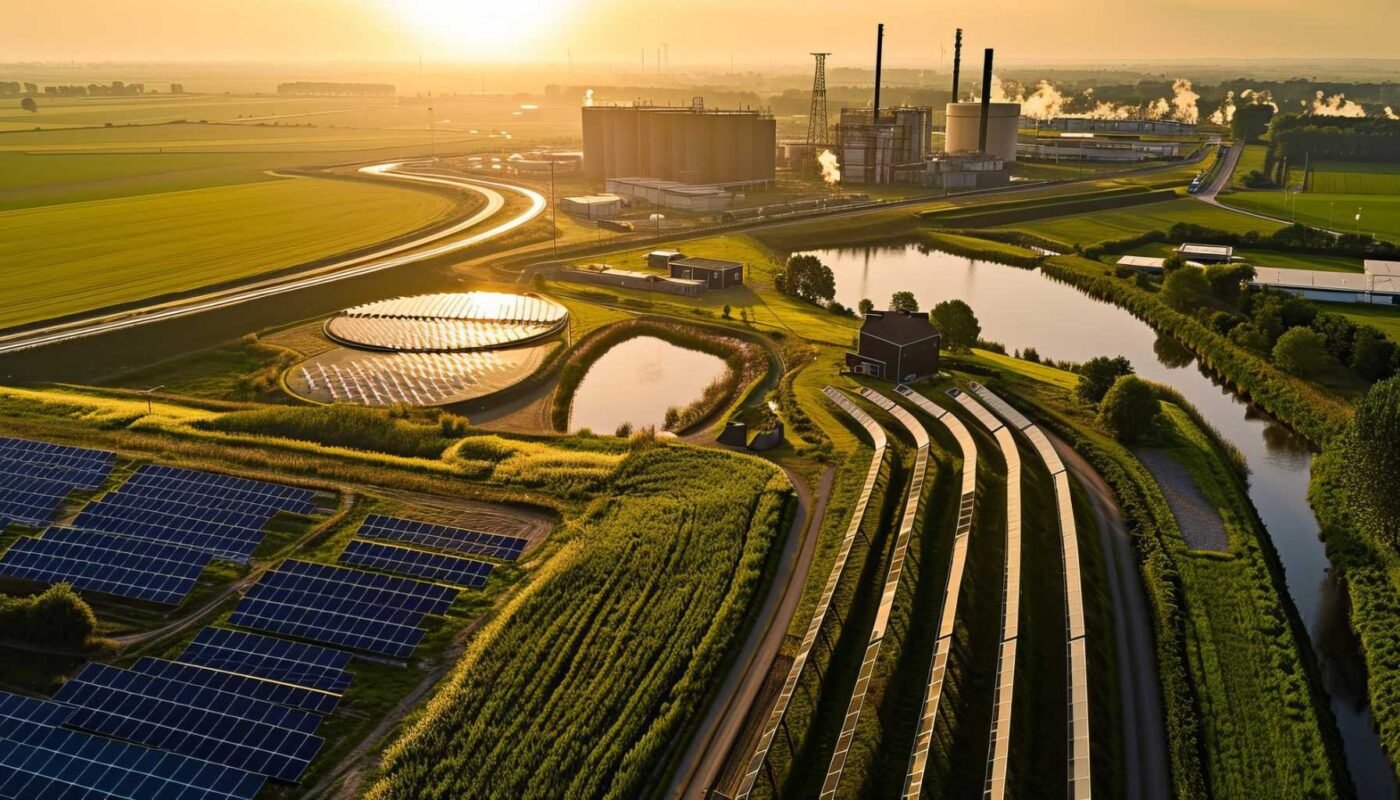In the rapidly evolving industrial sector, the concept of industrial parks stands at the crossroads of innovation and sustainability. As we forge ahead into a future where economic growth must be balanced with environmental stewardship, industrial parks are being reimagined to embody these dual aspirations. This comprehensive exploration delves into the transformative trends shaping the future of industrial parks, highlighting how they are becoming incubators for sustainable development and technological advancement.
Embracing Sustainability
The modern industrial park transcends its traditional boundaries, evolving into a hub that not only fosters industrial growth but also prioritizes ecological balance. The incorporation of green spaces, renewable energy sources, and waste recycling systems demonstrates a commitment to minimizing environmental footprints. By integrating these sustainable practices, industrial parks not only contribute to the health of the planet but also offer cost savings and efficiency improvements for businesses within.
Renewable Energy Integration
A key feature of sustainable industrial parks is the shift towards renewable energy sources such as solar, wind, and biomass. This transition not only reduces reliance on fossil fuels but also ensures a consistent supply of clean energy, driving down operational costs and attracting eco-conscious investors and tenants.
Waste-to-Energy Solutions
Innovative waste management strategies, such as waste-to-energy technologies, are being employed to turn industrial waste into a valuable energy resource. This not only solves the problem of waste disposal but also creates an additional energy source, further enhancing the park’s sustainability credentials.
Fostering Innovation
Beyond sustainability, the industrial park of the future is a breeding ground for innovation. With the integration of advanced manufacturing technologies, research and development facilities, and collaborative workspaces, these parks are designed to support the growth of high-tech industries and startups.
Smart Manufacturing
The adoption of Industry 4.0 technologies, such as the Internet of Things (IoT), artificial intelligence (AI), and robotics, is transforming manufacturing processes within industrial parks. These technologies enable businesses to increase efficiency, reduce errors, and personalize production, leading to higher productivity and competitiveness.
Collaboration and Synergy
By bringing together a diverse mix of businesses, research institutions, and support services, modern industrial parks facilitate collaboration and knowledge sharing. This ecosystem approach encourages innovation, with companies benefiting from shared resources, expertise, and networking opportunities.
Economic and Social Impact
The impact of reimagined industrial parks extends beyond their physical boundaries. Economically, they act as engines of growth, attracting investment, creating jobs, and boosting local industries. Socially, they contribute to community development through the creation of skilled employment opportunities and the promotion of a culture of innovation and sustainability.
Boosting Local Economies
Industrial parks serve as catalysts for regional economic development, drawing investments and fostering the growth of ancillary businesses. By providing a ready infrastructure and a conducive business environment, these parks reduce the entry barriers for new ventures and attract foreign direct investment (FDI).
Creating Quality Employment
The focus on high-tech industries and sustainable practices within these parks generates high-quality, skilled employment opportunities. This not only helps in reducing unemployment but also in upskilling the workforce, preparing them for the jobs of the future.
Looking Ahead
The industrial park of the future represents a paradigm shift in how we think about industrial development in harmony with the environment. By embracing sustainability and innovation, these parks are setting new standards for economic development, environmental responsibility, and social progress. As we look to the future, the continued evolution of industrial parks will undoubtedly play a pivotal role in shaping a more sustainable and prosperous world.
In conclusion, the transformation of industrial parks into sustainable and innovative hubs is not just a trend but a necessity in today’s world. As businesses, governments, and communities recognize the importance of balancing growth with sustainability, industrial parks will continue to lead the way, demonstrating that economic development can go hand in hand with environmental stewardship and social responsibility.


